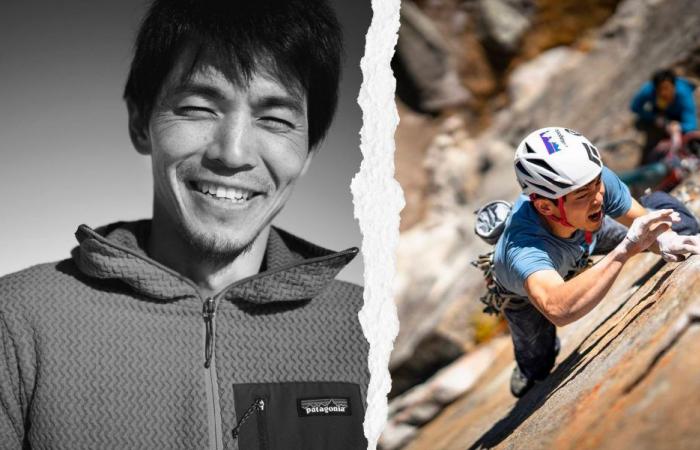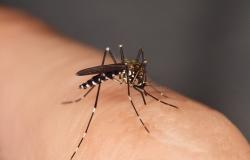Climbing was everything for Keita Kurakami. His philosophy of life. His reason for living. Already the victim of a cardiac arrest in 2021, he refused the treatment prescribed by doctors which would have ended his career. His heart was fragile, he knew it and had lived with this sword of Damocles hanging over his head for more than three years. It was at Mount Fuji that the Japanese climber, to whom we owe the first ascent of the Nose, in Yosemite, solo by rope, lost his life, victim of cardiac arrest after five hours of hiking. November 28, 2021. A few hours after a demanding training session that pushed him to his limits, Keita Kurakami takes advantage of the rest of his day to go out on a mountain bike with a few friends. The outing did not last long. Because when leaving after a red light, the Japanese climber collapsed to the ground. Very quickly, one of his friends begins a cardiac massage… which will last for 15 minutes, until help arrives. The latter, armed with a defibrillator, will have to do it three times before successfully resuscitating him. Keita Kuragami will subsequently be rushed to intensive care at the nearest hospital. See this publication on Instagram A publication shared by Patagonia (@patagonia) Climbing against all odds “I’m a little hesitant to reveal the rest of the story to the media” the climber subsequently confided to a Japanese media outlet, a year after his cardiac arrest. “Because my choice is quite questionable from a medical point of view…”. In the emergency room, in November 2021, doctors detected a heart disease. Angina pectoris, a pathology which causes a strong contraction of the coronary arteries leading to stagnation of blood flow and ischemia (lack of perfusion) in the heart muscle. Which can lead to heart failure or sudden death. And to avoid these consequences, it is common to have a defibrillator implanted in the…
The rest is reserved for subscribers
Already subscribed? To log in
Your first item is free,
All you need to do is create an account (free)
Read the article for free
or
Subscribe to read more
- Unlimited access to all Outside content. Without engagement.
- Your contribution is essential to maintaining quality, independent and verified information.
- You can also buy this item for 1€






